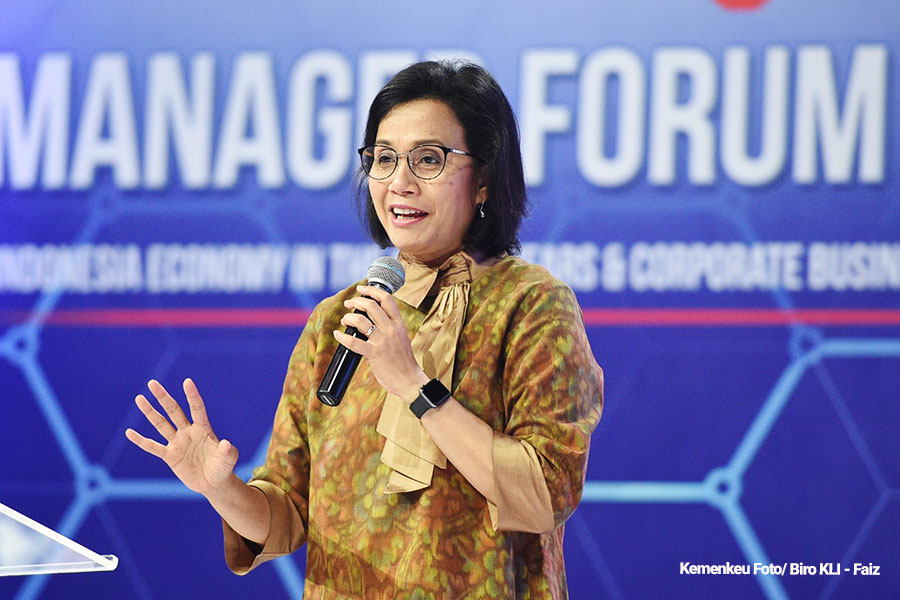Sri Mulyani Brings Up Coretax in U.S. Tariff Discussion

JAKARTA – During the Economic Forum with President Prabowo Subianto, Minister of Finance Sri Mulyani outlined the impacts of the United States’ reciprocal tariffs and the government’s planned response.
On this occasion, she also highlighted Indonesia’s tax services in the era of the Coretax system. According to Sri Mulyani, the implementation of Coretax is part of the government’s efforts to ensure ease of doing business.
She explained that ease of doing business is a crucial factor in Indonesia’s negotiations with the U.S. government, aimed at helping Indonesia avoid the imposition of reciprocal tariffs.
Hadir sebelum tarif resiprokal AS berlaku, Sri Mulyani sebut layanan coretax beri kemudahan pengusaha.
READ: Government Releases PMK 81/2024 on Coretax, 42 Old Regulations Revoked
Coretax System Reported to Improve
Sri Mulyani also stated that the Coretax system has now significantly improved.
The implementation of Coretax is expected to offer several conveniences, such as expediting audits, accelerating tax refunds, and simplifying tax validation processes across various institutions.
With Coretax, the Value Added Tax (VAT) refund process will be automated.
“This will have an impact on corporate cash flow,” said Sri Mulyani on Tuesday (8/4).
Deregulation of Audits and Refunds
In addition to the implementation of Coretax, the government is carrying out regulatory reforms related to audits and tax refunds. The audit process will be accelerated from the previous 12 months to just six months.
Furthermore, audits for business groups with transfer pricing arrangements will now take only 10 months, down from the previous maximum of two years.
Meanwhile, tax refunds for individual taxpayers with amounts below IDR 100 million can now be processed without undergoing an audit.
Removal of Import Quotas
To respond to the imposition of U.S. reciprocal tariffs, the government will also eliminate import quotas, meaning certain imported products will no longer be restricted.
Import quotas have been viewed as adding transactional burdens and creating a lack of transparency. Moreover, quotas have not contributed to state revenue.
Additionally, the government plans to provide greater certainty for importers, including those importing U.S. products, by implementing price ranges based on valid evidence. (ASP/KEN)


